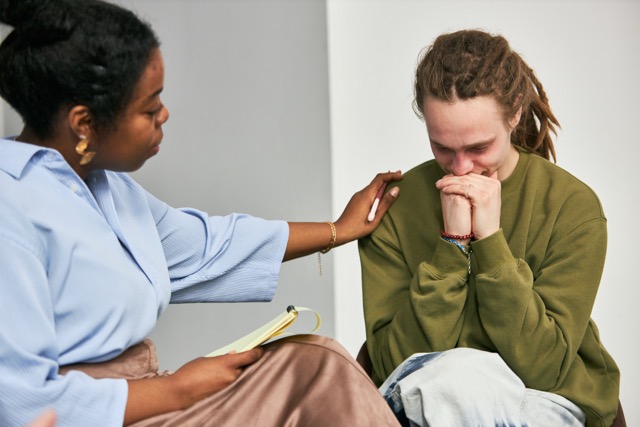Addiction is a powerful force, but so is the human brain. One of the most incredible things about recovery is how the brain has the ability to rewire itself and heal over time. While addiction hijacks the brain’s reward system, recovery is the process of slowly taking back control — and science shows it’s possible.
The Hijacked Brain
When someone is addicted to drugs or alcohol, their brain becomes wired to seek out the substance. This is because addictive substances flood the brain with dopamine, the chemical responsible for feelings of pleasure and reward. Over time, the brain becomes dependent on the drug to feel good — or even just to feel “normal.”
The prefrontal cortex, which is responsible for decision-making and impulse control, becomes weakened during addiction. That’s why people often struggle to make healthy choices even when they want to stop.
Neuroplasticity: The Brain's Power to Change
The good news is that the brain is adaptable. This is called neuroplasticity — the brain’s ability to form new connections and pathways. During recovery, when a person stops using drugs or alcohol, the brain begins to rewire itself. With time and consistency, those old, destructive pathways weaken, and new, healthier habits take their place.
Exercise, therapy, mindfulness, and positive relationships all play a role in rebuilding these pathways. Each healthy choice strengthens the brain’s ability to function without relying on substances.
Rebuilding the Reward System
One of the key challenges in recovery is learning to find pleasure in sober activities. At first, it might feel like nothing compares to the high of the drug. But over time, the brain learns to respond to natural rewards again — things like connecting with loved ones, achieving goals, or simply enjoying a sunset.
As this happens, dopamine levels begin to regulate naturally, and the brain slowly regains balance.
Healing Takes Time
Overcoming addiction isn’t just about willpower — it’s about giving your brain the time and support it needs to heal. With patience, repetition, and help from others, the brain can recover, rebuild, and re-learn how to live without relying on a substance.
Your brain is stronger than you think. And with the right tools and support, recovery is absolutely possible.
Have your own tips or experiences with recovery? Share them in the comments below. Let’s support each other.
Need additional help with recovery visit or contact us at Hope Haven Recovery Center.





.webp)
.webp)